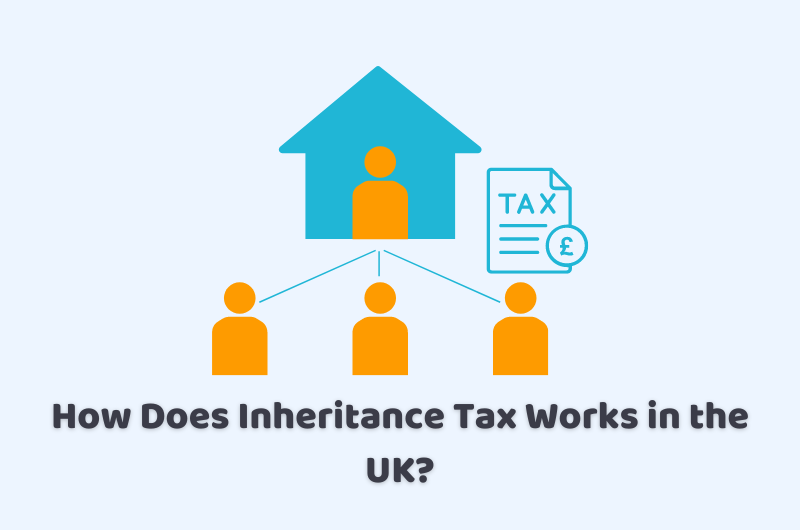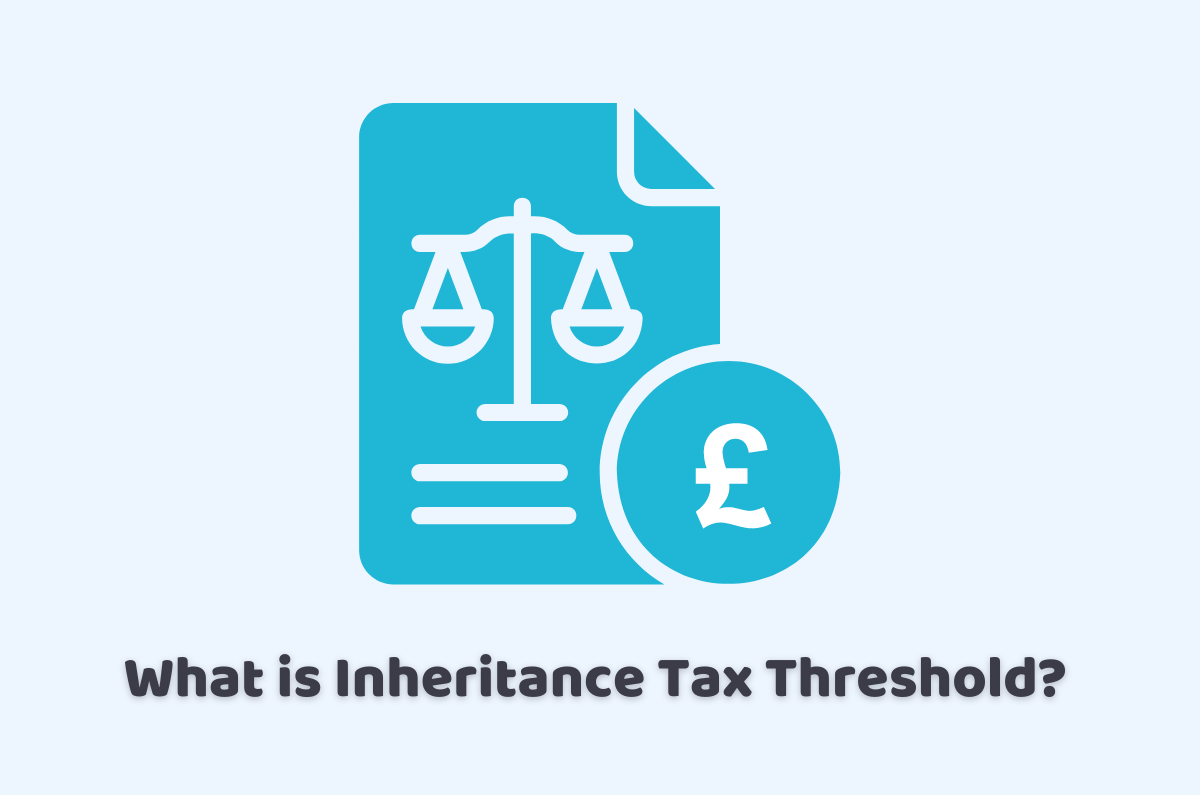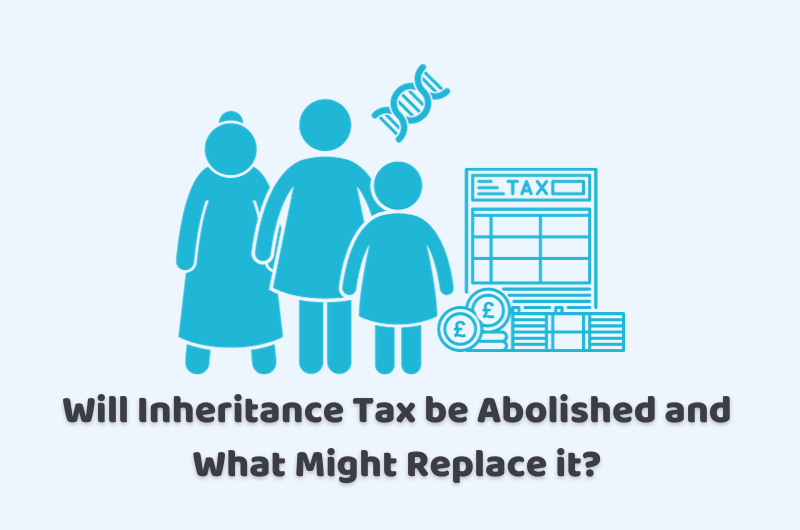
13/07/2023tax , Tax Issues , Tax News and Tips , Tax Saving Tips , Taxation
Inheritance Tax is a tax that is payable on the estate of someone who has died. The tax is calculated based on the value of the estate, and it can be a significant expense for the beneficiaries of the estate. In this guide, we’ll discuss the basics of how the Inheritance Tax works in the UK, including the current thresholds and rates, as well as some of the ways that you can reduce your liability for the tax.
Reach out to our intelligent and clever-minded guys to get the answer to your queries in the UK, we will get to your answers quickly. We will help to decide how to deal with your tax implications.
What is Inheritance Tax?
Inheritance Tax is a tax that is payable on the estate of someone who has died. The tax is calculated based on the value of the estate, including any property, money, and possessions that the deceased person owned.
The tax is paid by the beneficiaries of the estate, and it can be a significant expense, depending on the value of the estate and the relationship between the deceased person and the beneficiaries. The current Inheritance Tax threshold in the UK is £325,000, and the tax rate is 40% on anything above this threshold.
How is Inheritance Tax Calculated?
Inheritance Tax is calculated on the net value of the estate, which means that any debts, liabilities, and funeral expenses are deducted from the total value of the estate before the tax is calculated. There are also several exemptions and reliefs available that can reduce the amount of tax that is payable, such as the Spouse or Civil Partner Exemption, which means that no tax is payable on an estate that is left to a spouse or civil partner.
There is also a Nil Rate Band, which is currently set at £325,000, and any value of the estate below this threshold is not subject to Inheritance Tax. Additionally, there are several other reliefs available, such as Business Relief and Agricultural Relief, which can reduce the amount of tax that is payable on certain types of assets.
When Do You have to Pay Inheritance Tax?
Inheritance Tax is usually paid within six months of the end of the month in which the person died. If the tax is not paid within this period, then interest will be charged on the outstanding amount. However, it is possible to pay the tax in instalments over a period of up to 10 years, if the estate includes property or other assets that will take some time to sell.
It’s good to note that the beneficiaries of the estate cannot receive their inheritance until the Inheritance Tax has been paid, so it’s important to make sure that the tax is paid in a timely manner to avoid any delays in the distribution of the estate.
How can I Reduce the Amount of Tax Paid?
There are several ways to reduce the amount of Inheritance Tax that is payable. One way is to make gifts to family members or friends during your lifetime, as long as the gifts are made more than seven years before you die. These gifts are known as Potentially Exempt Transfers, and they are not subject to Inheritance Tax as long as you survive for more than seven years after making the gift.
There are also several exemptions and reliefs available, such as the Spouse or Civil Partner Exemption, Business Relief, and Agricultural Relief, which can reduce the amount of tax that is payable on certain types of assets. Additionally, it’s important to make sure that you have a valid Will in place, as this can help to ensure that your estate is distributed in the most tax-efficient way possible.
How to Use Life Insurance to Pay Inheritance Tax?
One way to use life insurance to pay Inheritance Tax is to take out a whole-of-life insurance policy that is written in trust. This means that the policy will pay out a lump sum on your death, which can be used to pay the Inheritance Tax liability.
By writing the policy in trust, the proceeds of the policy will not form part of your estate, and so will not be subject to Inheritance Tax. It’s important to make sure that the policy is set up correctly, as this can be a complex area and professional advice should be sought to ensure that the policy is structured in the most tax-efficient way possible.
What other Taxes Do my Heirs have to Pay on their Inheritance?
In addition to Inheritance Tax, there may be other taxes that the heirs have to pay on their inheritance, depending on the nature of the assets that they inherit. For example, if the estate includes property or other assets that have increased in value since they were acquired, then the heirs may have to pay Capital Gains Tax when they sell the assets.
Similarly, if the estate includes income-generating assets, such as shares or rental properties, then the heirs may have to pay Income Tax on any income that is generated after they inherit the assets. You can also seek professional advice to understand the tax implications of inheriting specific assets, as this can be a complex area, and the tax rules can vary depending on the nature of the assets and the circumstances of the heirs.
The Bottom Line
To sum up the discussion of how inheritance tax works in the UK, we can say that Inheritance Tax can be a complex area, and there are several ways to reduce the amount of tax that is payable, such as making gifts during your lifetime, taking advantage of exemptions and reliefs, and using life insurance to pay the tax. However, professional advice is to ensure that your estate is structured in the most tax-efficient way possible and to ensure that your heirs are aware of the tax implications of inheriting specific assets.
If you seek professional help to learn more about how inheritance tax works in the UK, why wander somewhere else when you have our young and clever team of professionals at CruseBurke?
Disclaimer: The information provided in this blog is about how inheritance tax works, including the text and graphics, in general. It does not intend to disregard any of the professional advice.


